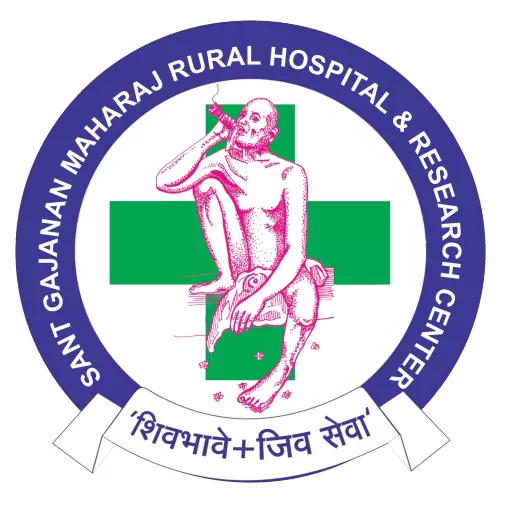Pregnancy is a wonderful journey, but it comes with its share of challenges. One such challenge is gestational diabetes. This condition can affect your pregnancy and your baby’s health. Preventing gestational diabetes is crucial for a smooth pregnancy.
What is Gestational Diabetes?
Gestational diabetes is a type of diabetes that occurs during pregnancy. It means your body can’t produce enough insulin to meet the extra needs during pregnancy. This condition can lead to high blood sugar, affecting both mother and baby. While many women have no noticeable gestational diabetes symptoms, it’s crucial to catch it early. Symptoms like feeling thirsty, tired, or needing to urinate often can appear, but often there are no signs. Timely detection through gestational diabetes testing is vital. Early intervention can prevent complications during pregnancy and delivery, leading to better outcomes for mom and baby.
Who is at Risk: Key Factors of Gestational Diabetes
Certain factors can increase your risk of developing gestational diabetes. These include being over the age of 25 and having a family history of diabetes. Your BMI (Body Mass Index) and ethnic background also play a role. For instance, Hispanic, Asian, and African American women may have higher risks. Having gestational diabetes in a previous pregnancy also increases your chances. Therefore, early prenatal care becomes essential for at-risk women. A healthcare provider can guide you on reducing risks, ensuring timely gestational diabetes testing, and managing potential gestational diabetes symptoms early on.
Achieving a Healthy Weight: A Pre-pregnancy Blueprint
Before pregnancy, achieving a healthy weight is crucial for lowering the risk of gestational diabetes. Aim for a BMI within a healthy range. Here are some tips:
- Eat balanced meals with plenty of vegetables, lean proteins, and whole grains.
- Incorporate regular physical activity, like walking or biking.
- Consult a healthcare provider for personalized advice.
Maintaining a healthy weight can improve your overall health and increase the chances of a healthy pregnancy. It can also mean fewer complications like gestational diabetes during pregnancy.
Crafting a Gestational Diabetes Diet
Nutrition plays a crucial role in managing and reducing the risk of gestational diabetes. A well-planned gestational diabetes diet focuses on:
- Carbohydrate control: Choose complex carbs and monitor portions.
- Fiber intake: Include fruits, greens, and whole grains.
- Balanced meals: Incorporate proteins and healthy fats.
Meal planning helps maintain steady blood sugar levels. Start by planning simple, balanced meals. Consulting a dietitian familiar with gestational diabetes management can provide personalized advice, ensuring you and your baby get the nutrients needed without increasing risks.
Staying Active: Pregnancy-safe Exercises
Exercise is a great way to keep fit and may help prevent gestational diabetes. Benefits include better mood, better sleep, and improved circulation. Here’s what to consider:
- Aim for moderate activities like walking or swimming.
- Exercise for at least 150 minutes a week, spread out over several days.
- Listen to your body and rest when needed.
Always consult a healthcare provider to ensure exercises are safe for your pregnancy. Regular activity, coupled with a good gestational diabetes diet, can be part of effective gestational diabetes management.
Lifestyle Choices for Gestational Diabetes Prevention
Certain lifestyle choices can impact your gestational diabetes risk. Stress management and good quality sleep are key:
- Practice relaxation techniques to reduce stress.
- Ensure 7-9 hours of good quality sleep per night.
Avoid habits that may increase risks, such as smoking and consuming alcohol. These habits can lead to health issues and elevate the risk of gestational diabetes symptoms. Make mindful choices that support overall health and pregnancy well-being.
The Role of Prenatal Care in Screening and Prevention
Routine health check-ups are vital for preventing or managing gestational diabetes. Regular gestational diabetes testing and screenings can catch issues early. Work closely with healthcare providers to manage risks effectively. Early detection allows for timely intervention, helping in gestational diabetes management should any symptoms arise. With proper prenatal care, you can navigate pregnancy safely.
Future Pregnancies: Preparing for the Next Steps
If planning future pregnancies, maintain healthy lifestyle choices post-pregnancy. Stay active, eat well, and go for regular health check-ups. This approach not only supports post-pregnancy health but also aids in preparing for a healthier next pregnancy. Emphasize health and wellness between pregnancies to lower repeats of gestational diabetes.
Conclusion: Emphasizing Prevention in Pregnancy
By adopting a proactive approach, you can reduce the risk of gestational diabetes. Key strategies include healthy eating, regular exercise, and staying informed about gestational diabetes risk factors. Regular prenatal check-ups and gestational diabetes testing are crucial. Empower yourself by making healthy lifestyle choices. Stay vigilant about your health and prioritize prenatal care for a safe and happy pregnancy journey. With these tips, enhance your well-being and that of your baby during this precious phase. For personalized care and support, visit Sant Gajanan Maharaj Hospital.




